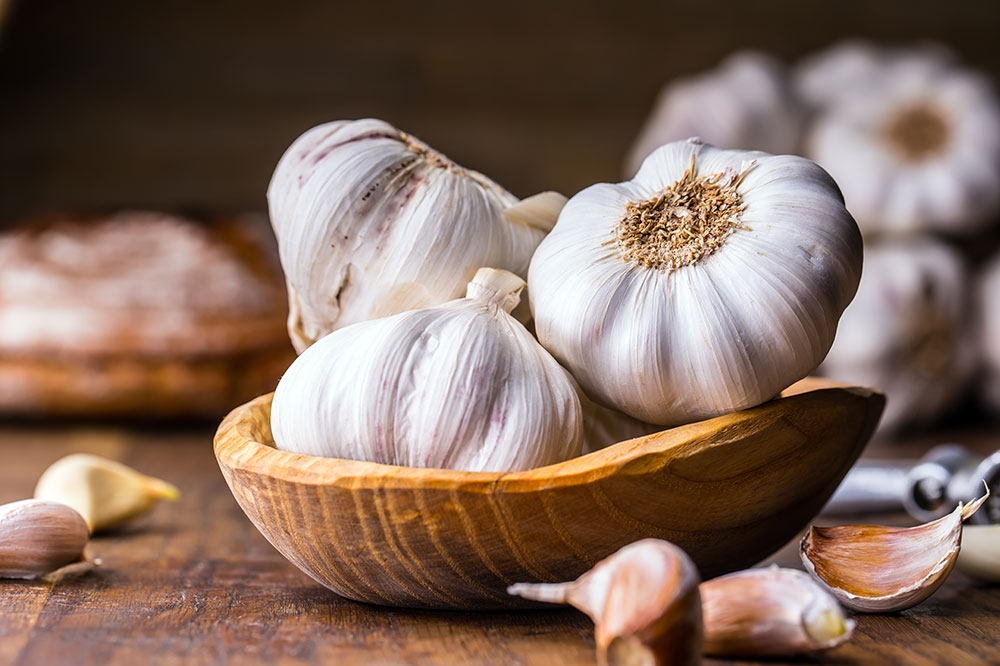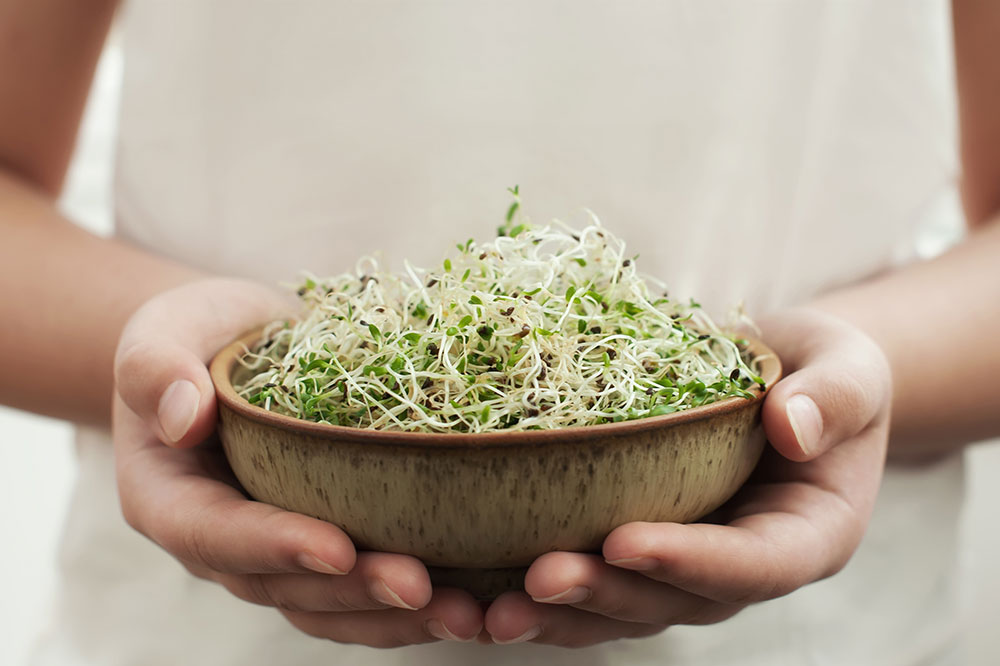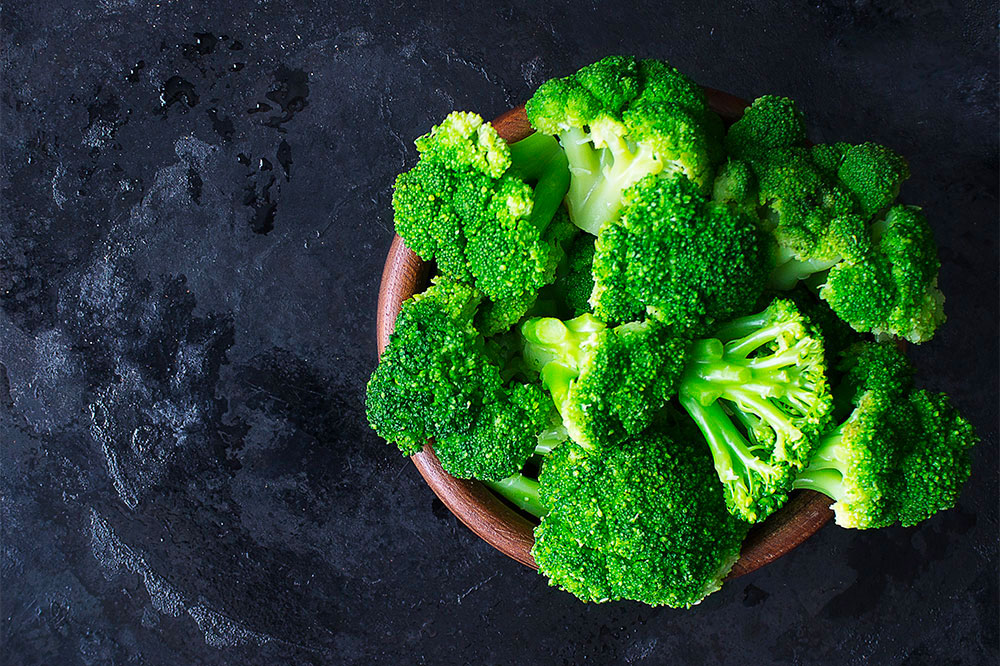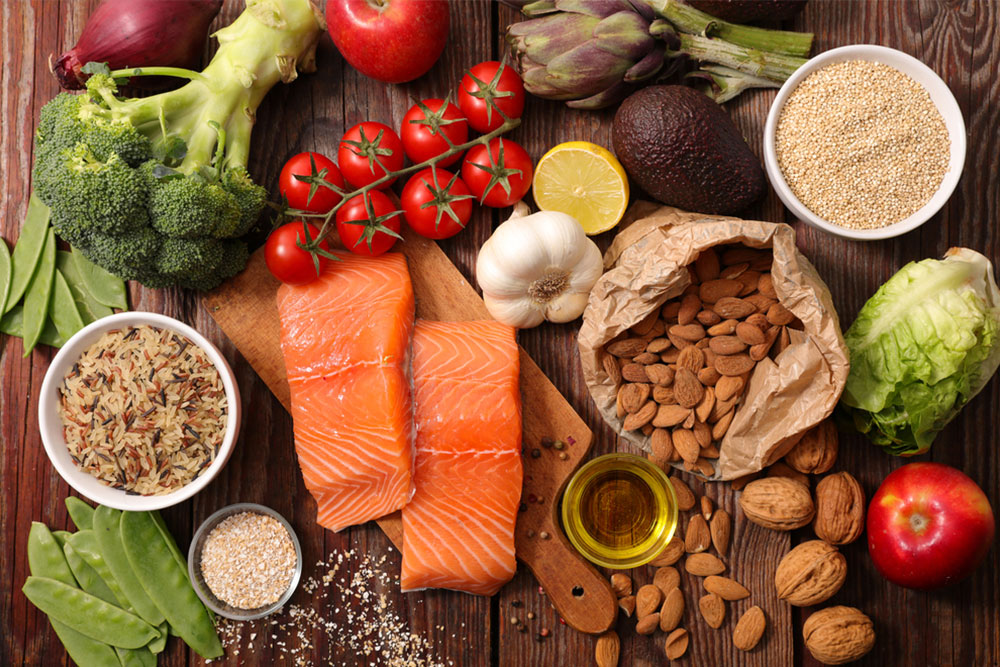Comprehensive Dietary Strategies for Managing Lupus: Essential Foods to Include and Avoid
Discover comprehensive dietary strategies for lupus management, including beneficial foods to incorporate like omega-3 fatty acids, antioxidants, and calcium-rich options, along with foods to avoid such as alfalfa sprouts and excessive garlic. Learn how proper nutrition can support inflammation control, bone health, and overall well-being in lupus patients. Get expert tips for building a personalized, anti-inflammatory diet that complements medical treatment and enhances quality of life.

Comprehensive Dietary Strategies for Managing Lupus: Essential Foods to Include and Avoid
Lupus, clinically known as systemic lupus erythematosus (SLE), is a complex and unpredictable autoimmune disease that affects millions worldwide. Characterized by chronic inflammation and tissue damage, lupus can impact various organs including the skin, joints, kidneys, heart, and lungs. While medical treatment remains essential for managing lupus symptoms and preventing complications, emerging research highlights the significant role that diet and nutritional choices play in alleviating symptoms, reducing flare-ups, and supporting overall health. This article explores in detail the best foods to incorporate into a lupus-friendly diet and those that should be avoided to help manage this challenging condition effectively.
Understanding Lupus and Its Impact on Nutrition
Lupus is a disease wherein the immune system erroneously targets healthy tissues, causing widespread inflammation. This autoimmune response results in symptoms such as fatigue, joint pain, skin rashes, and fever. The disease varies greatly among individuals, with some experiencing mild symptoms and others facing severe health complications. Besides standard medical treatments including immunosuppressants and anti-inflammatory drugs, lifestyle modifications—particularly diet—can play a vital supportive role.
Individuals living with lupus often deal with secondary health issues like osteoporosis, cardiovascular disease, and kidney problems. These conditions necessitate specific nutritional strategies to prevent further health deterioration. For instance, medications used in lupus management, such as corticosteroids, can weaken bones, requiring adequate calcium and vitamin D intake. Managing inflammation and immune regulation through diet is therefore a cornerstone of comprehensive lupus care.
Critical Foods for Lupus Patients: Incorporating Anti-Inflammatory and Nutrient-Dense Options
Omega-3 Fatty Acids: Nature’s Anti-Inflammatories
One of the most well-researched dietary components benefiting lupus patients is omega-3 fatty acids. These essential fats are renowned for their potent anti-inflammatory properties, which can help decrease disease activity and reduce the frequency and severity of flare-ups. Omega-3s are naturally abundant in fatty fish such as salmon, sardines, mackerel, trout, and tuna. Regular consumption of these fish has been associated with reduced inflammation markers and improved overall health in autoimmune conditions.
For vegetarians and vegans, plant-based sources also provide omega-3s, including walnuts, chia seeds, flaxseeds, and hemp seeds. Incorporating these foods into daily meals can help maintain adequate levels of omega-3 fatty acids and support immune balance. Supplements such as fish oil capsules are other options, but it’s essential to consult with a healthcare provider before starting any supplementation regimen.
Calcium-Rich Food Sources: Supporting Bone Health in Lupus
Lupus patients, especially those on long-term corticosteroid therapy, are at increased risk of osteopenia and osteoporosis due to impaired calcium absorption and bone density loss. Ensuring sufficient calcium intake is crucial for maintaining bone strength and preventing fractures. Foods high in calcium include low-fat dairy products like milk, yogurt, and cheese, as well as fortified plant-based milk alternatives. Other excellent sources encompass tofu, leafy greens such as spinach, collard greens, and kale, legumes, almonds, and broccoli.
While dairy is beneficial, moderation is advised since full-fat dairy products can be high in saturated fats, which are detrimental to cardiovascular health. Combining calcium-rich foods with vitamin D sources—like fatty fish and fortified foods—helps optimize calcium absorption, further supporting skeletal health.
Antioxidant-Rich Foods: Fight Inflammation and Oxidative Stress
Oxidative stress contributes to tissue damage and inflammation in lupus. Consuming foods packed with antioxidants can neutralize free radicals, thereby reducing inflammation and protecting tissues. Fruits and vegetables—rich in beta-carotene, selenium, vitamins A, C, E, and flavonoids—are essential components of an anti-inflammatory diet.
Examples of antioxidant-rich foods include vibrant vegetables such as carrots, sweet potatoes, red and yellow peppers, and leafy greens. Citrus fruits like oranges, grapefruits, and lemons provide vitamin C, while berries—blueberries, strawberries, and blackberries—are high in flavonoids. Whole grains such as oats, nuts, legumes, and seeds also contribute antioxidants. Teas—especially black and green varieties—contain polyphenols with anti-inflammatory benefits. Consuming a colorful array of these foods regularly can help reduce disease severity and improve quality of life.
Foods to Avoid for Managing Lupus Symptoms
Alfalfa Sprouts: Potential Flare-Up Triggers
Alfalfa sprouts are known to contain an amino acid called L-canavanine, which in some individuals can stimulate the immune system excessively. For people with lupus, this heightened immune activity can trigger or exacerbate disease flares, leading to symptoms such as joint pain, skin rashes, and fatigue. Therefore, it is strongly recommended to avoid raw alfalfa sprouts and dishes containing them, including salads, sandwiches, and wraps.
Limitations on Garlic and Other Stimulants
Garlic is usually celebrated for its immune-boosting properties; however, in the context of lupus, it might overstimulate the immune system, potentially worsening symptoms. While moderate consumption may be acceptable in some cases, it is advisable for lupus patients to limit garlic intake, especially in large quantities or processed forms like garlic supplements.
Other Foods and Substances to Limit or Avoid
Aside from alfalfa and garlic, individuals with lupus should be cautious with processed foods, junk foods high in trans fats, refined sugars, and saturated fats, as these can promote inflammation. Additionally, excessive alcohol intake and caffeine should be consumed in moderation. Some patients also report sensitivities to certain food additives and preservatives, underlining the importance of personalized dietary plans guided by healthcare professionals.
Practical Tips for a Lupus-Friendly Diet
Plan meals around fresh, whole foods rich in antioxidants and omega-3 fatty acids.
Limit intake of processed and fried foods to reduce systemic inflammation.
Maintain adequate hydration by drinking plenty of water throughout the day.
Coordinate with healthcare providers and registered dietitians to develop an individualized nutritional plan.
Monitor how specific foods affect your symptoms and adjust accordingly.
Conclusion: Embracing a Supportive Diet for Better Lupus Management
While diet alone cannot cure lupus, it plays a pivotal role in managing inflammation, supporting immune health, and improving overall well-being. Incorporating anti-inflammatory foods such as omega-3 rich fish, antioxidant-filled fruits and vegetables, and calcium-rich options, combined with avoiding known flare-up triggers like alfalfa sprouts and excessive garlic, can significantly influence disease progression and quality of life. A tailored, nutrient-dense diet, together with traditional medical treatments, offers a comprehensive strategy to cope with lupus effectively. Regular consultation with healthcare professionals is essential to ensure dietary choices align with individual health needs and medication regimens.
By making mindful food choices, lupus patients can empower themselves to take active steps toward better health, fewer flares, and improved daily functioning. Remember, each person's experience with lupus is unique, and dietary adjustments should be personalized for optimal benefits.





